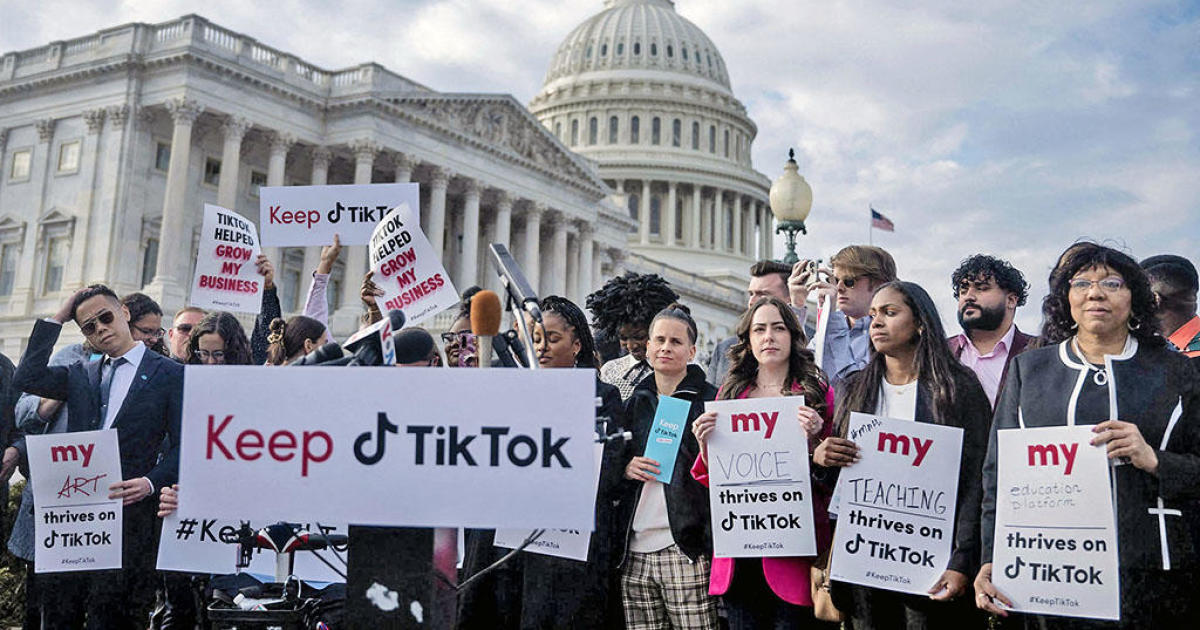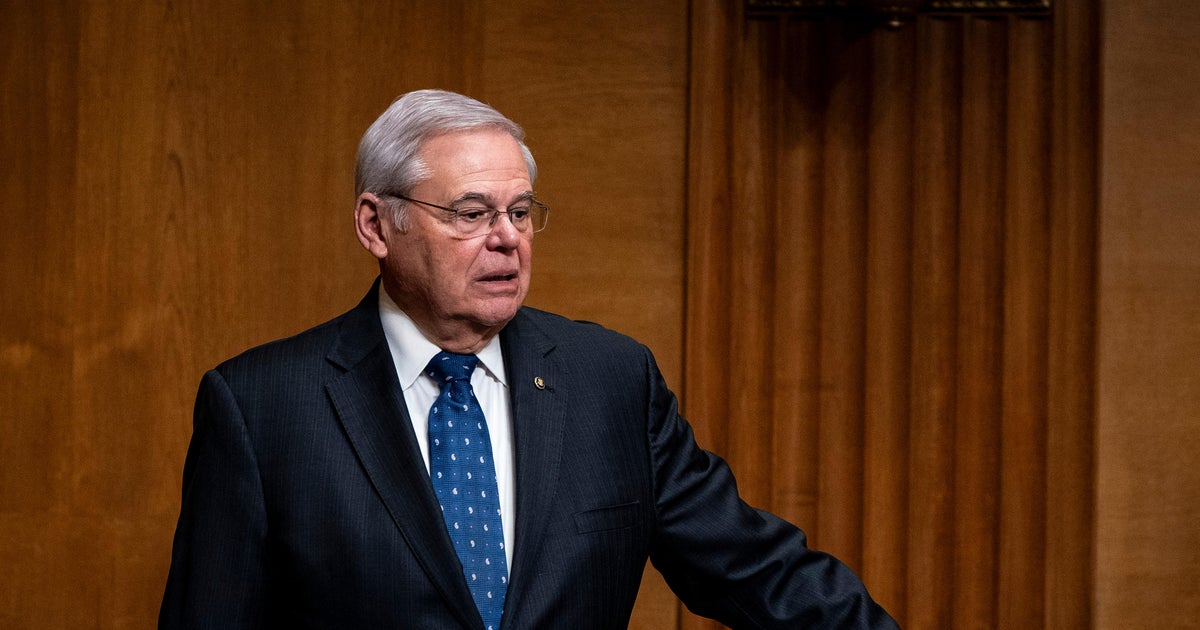ICE to test body cameras for special agents in pilot program
More than four dozen special agents within an investigative unit of Immigration and Customs Enforcement (ICE) will be equipped with body cameras in the new year as part of a six month-long pilot program mandated by Congress, senior homeland security officials said Tuesday.
Agents stationed at Homeland Security Investigations (HSI) offices in New York, Newark, New Jersey and Houston will be outfitted for cameras — mounted to their vest, shirt or helmet — and required to turn them on during "pre-planned law enforcement operations," including execution of search warrants, pre-planned arrests and interrogation of suspects.
The footage will be subject to Freedom of Information Act requests and available to defense lawyers in criminal cases during the discovery process, a senior ICE official indicated.
The official, who spoke to reporters on condition of anonymity to provide details on the program before the announcement, noted the pilot program will evaluate the effectiveness of the equipment and overall cost of operations, with a summary of the findings to be released.
The use of body-worn cameras was mandated as part of Congress' fiscal year 2021 appropriations bill, but ICE asserts that it is also rolling out the program in the spirit of providing "greater transparency" about the work of its agents.
"With its body-worn camera pilot, ICE is making an important statement that transparency and accountability are essential components of our ability to fulfill our law enforcement mission and keep communities safe," said Homeland Security Secretary Alejandro Mayorkas, whose department oversees ICE.
But body-worn cameras will not immediately be allocated to Enforcement and Removal Operations (ERO) officers, the side of the agency responsible for immigration enforcement raids, operation of ICE detention facilities and prosecution of undocumented immigrants subject to deportation.
According to the official, an additional 55 officers will eventually be granted body-worn cameras, pending negotiations with the National ICE Council, the AFL-CIO-affiliated ERO union.
Chris Crane, the president of the union, told CBS News that while the organization is open to exploring a possible pilot program, they're opposed to the agency's planned rollout.
Crane said there is "no way" the agency will be ready to run the pilot this soon, calling the timeline "ridiculous."
"Suspecting they may lose control of the House in the next election, Democrats on the Hill are forcing the program before it's ready while they're still in control," Crane said, calling it "reckless" and "irresponsible."
"We don't know enough about the feasibility of its use at ICE," the union leader added. "As an example, we're not uniformed beat cops driving around in marked cars pulling people over for traffic violations. How exactly are we even using this equipment? We don't have those answers yet."
The pilot program is the first of its kind for the agency, but it follows a long line of body camera programs rolled out in local and state law enforcement agencies over the past several years.
"My first reaction is, this is long overdue," said John Amaya, a former ICE deputy chief of staff who served under the Obama administration. "I'm a little underwhelmed by the fact that it's being instituted on such a small scale, but better late than never."
In August, the Biden administration greenlit the allocation of 6,000 body cameras for U.S. border agents in a massive operational change aimed at "reinforcing trust and transparency" within U.S. Customs and Border Protection (CBP).
The Department of Justice also announced earlier this year that its federal agents — including officers from the Bureau of Alcohol, Tobacco, Firearms and Explosives, Drug Enforcement Administration, FBI and Marshals Service — would be required to wear body cameras when executing search warrants or making pre-planned arrests.
And while the move is largely welcomed by advocates seeking greater transparency in federal law enforcement, experts say the merits of ICE's body camera program will largely depend on its wider implementation.
"The proof will be in the pudding once it's completely rolled out, agency wide to include ERO and HSI," Amaya said.
"ICE is an agency that is often seen by both sides of the aisle as doing their job poorly," Amaya added. "There's this sense that no matter what they say, no matter what they do, no matter how transparent they are, it's never going to be enough. So the idea of putting themselves out there has always been one that comes with reservations."
"There are significant questions around the precise policies that will surround use of body cameras by ICE," said Jay Stanley, a senior policy analyst at the American Civil Liberties Union. "The difference between good policies and bad policies is the difference between whether this is something that provides accountability or whether it becomes just another surveillance tool."
Similar to CBP's body camera program, the contract for the ICE program was awarded to Axon Enterprise Inc., a public technology company. Ron Vitiello, a former ICE director during the Trump administration now serves as the company's head of DHS programs and strategy. Axon Enterprise, Inc. and ICE have not indicated how much the contract is worth in response to inquiries from CBS News.
"If the video remains under the firm control of bureaucracy, then what we will see is what we've seen with police departments that have too much control," Stanley added. "Video is released when it makes them look good and buried when it doesn't. And that is not something that helps accountability, which should be the primary purpose of body cameras, and what I strongly suspect was Congress' intent when it directed the agency to institute the program."



